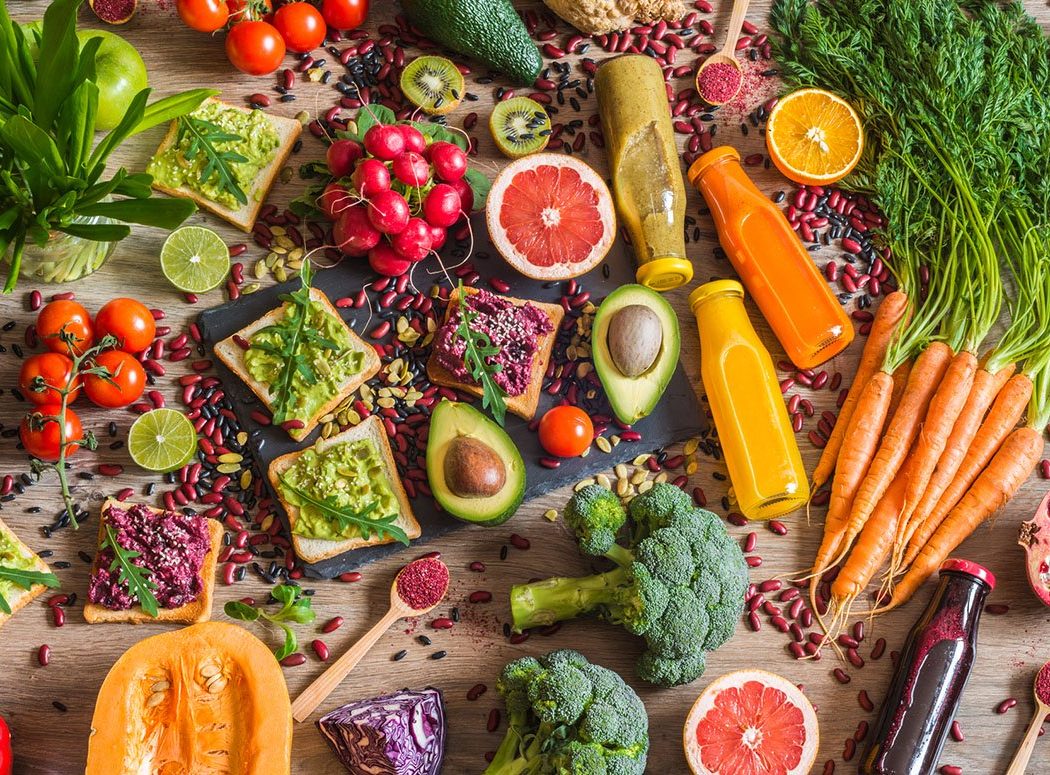Grovara’s Technology Creates Largest B2B E-Commerce Marketplace for American Plant-Based Products
(Dec. 30 Press Release)
Grovara’s proprietary technology platform, which eliminates the headaches of exporting and intelligently connects America’s most promising wellness brands with aligned global retailers, is poised to help usher in the largest food industry disruption of our lifetimes.
As consumer demand for healthier products surges and purchasing power increases across the planet, plant-based foods’ growth is outpacing total food by 5.5 percent. Grovara is facilitating this growth by recently meeting its goal of curating the largest catalog of American plant-based products by the end of 2019.
Grovara’s B2B e-commerce marketplace is a first-of-its-kind technology platform for American wellness brands, and Grovara’s international plant-based “aisle” features some of the most promising American brands: Chickapea, Elmhurst, GT’s Living Foods, Pop Corners, Qrunch, Rule Breaker, and That’s It.
“Grovara’s mission is to make wellness brands accessible to everyone, and a B2B e-commerce marketplace is the best way to do this,” says Peter Groverman, Grovara co-founder and CEO.
Consumers, Technology Driving the Disruption
Grovara’s technology platform, which automates and streamlines the workflows associated with exporting, was rolled out to vetted buyers in more than 45 countries this fall and comes at a perfect time. As the global wellness market (12.8% increase in last two years) and e-marketplace (7.5% increase in next five years) forecasts continue to signal heady times on the horizon, and the global middle class continues its unprecedented growth trendwith more purchasing power for consumer goods, American-made plant-based products aren’t just along for the ride – they are leading the charge.
According to the Plant-Based Foods Association, The Good Food Institute, and data it obtained from industry leader and Grovara partner SPINS, plant-based food sales grew by $1.1 billion between April 2017 and April 2019 and at a rate 5.5 times faster than total food. It’s clear that the growth is being driven by milk, meat and creamer alternatives. Plant-based milk (6%) and yogurt (39%) are growing while their traditional dairy-made counterparts are falling (milk and yogurt has each shrunk 3%).
The potential environmental and other benefits from this plant-based shift are profound, with an estimated 50-percent reduction in cattle and greenhouse gas emissions falling by 45% by 2030. Nutritional benefits could mean a deep impact on public health, not only with reductions in foodborne illness, but also in heart disease, obesity, cancer and diabetes — which costs the U.S. an estimated $1.7 trillion annually.
“Plant Based is the future – here at home and overseas,” says SPINS CEO Tony Olson. “SPINS is proud to be supporting Grovara in building a global marketplace for better-for-you products.”
Not Just a Fad
A comprehensive study of data from the planet’s most 100 populous nations published in Nature in 2014looked at diet trends between 1961 and 2009 and noted that people started consuming more meat protein, empty calories, and total calories. Empty calories accounted for 40% of food purchased in the world’s 15 wealthiest countries. Times are changing, though, thanks to consumer and industry shifts toward improved public and environmental health.
A recent DuPont Nutrition & Health studyshowed 65% of consumers are eating more plant-based foods, and all but 5% of that total feel that the change is permanent.
Even the phrase “plant-based” – typically defined as a focus on foods that come from plants and don’t contain animal products — is a winner. A Technomic surveyrevealed consumers preferred buying plant-based foods (58%) over vegetarian (48%) and vegan (43%). The plant-based industry’s current intersection with technology is yielding myriad ways of manipulating existing natural proteins and formulations into better-tasting, cheaper and healthier food and beverage products.
Usually the most susceptible to industry and economic shifts, U.S. farmers are already getting a lift upfrom the plant-based sea change. American pea farmers caught up in a trade tug-of-war and now facing humungous tariffs from their largest customers, India and China, are seeing increased investment in pea protein. That includes $100 million invested by agricultural behemoth Cargill in pea protein producer Puris Foods. Pea production is up 40% from a year ago, as 327 new pea protein products were launched in 2019, an increase from only 11 a decade earlier.
“This is a new frontier,” says Groverman. “Expect plant-based to continue to scale. It’s here to stay, just like the jobs it has fostered to support the movement.”
Grovara’s international plant-based aisle is part of a B2B buying experience rooted in the convenience of B2C marketplaces like Amazon and Alibaba, providing global retailers a flexible, easy-to-use platform that maximizes their purchasing power. Sellers, meanwhile, are among America’s most innovative wellness brands and take advantage of Grovara’s expertise to manage documents, payments, and logistics.
